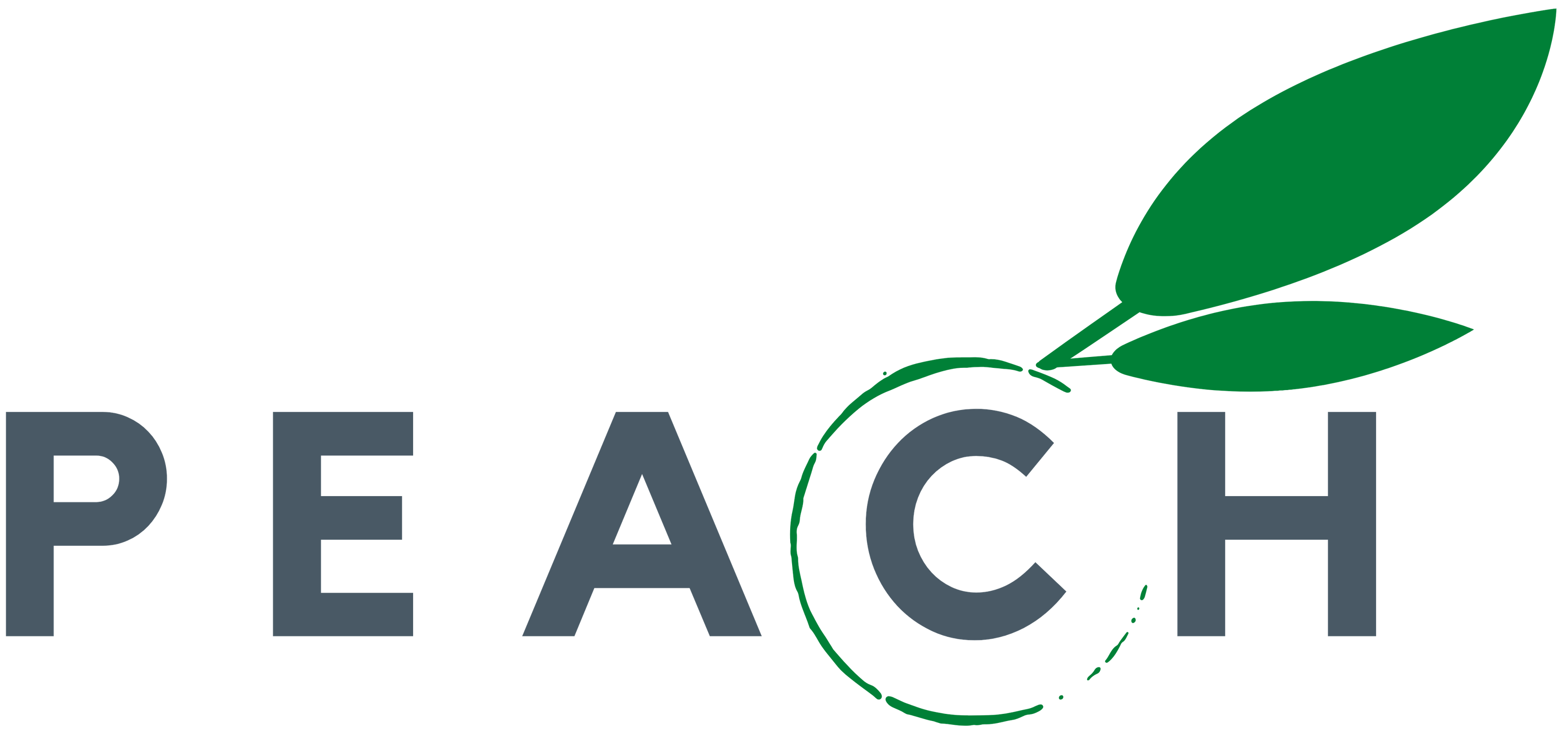Healthcare Professionals Need to Unite For the Sustainability Cause And Share Information
As healthcare professionals, we tend to work in our own little silos, certainly attending to, and acquiring information that specifically impacts our particular profession. This mode of thinking is antiquated, not only in terms of healthcare delivery, but in terms of how we, as responsible healthcare professionals address the environmental impact of our professional activities.
Recently, my girlfriend in Wales, who happens to be a medical doctor, was diagnosed with breast cancer. An entire team of healthcare professionals was created and collaborated on the decision making process to create the best treatment outcome for her particular situation.
In a similar fashion, I believe we healthcare professionals need to collaborate and share our knowledge about best practices with respect to environmental sustainability in the healthcare sector. It is at this point, that I’ll make you aware that I am not a medical doctor, but a dentist.
For a few years now, I have been experiencing “climate grief”, “the psychological response to ecological loss related to the changing climate. This grief can be experienced as profound sadness, helplessness, guilt, anxiety or numbness related to the climate crisis”. As a responsible global citizen, I felt the need to address my guilt and anxiety: guilt, because as a healthcare professional I felt the need to find out how I can implement and encourage positive change in my profession, and anxiety, because I am overwhelmed by the belief that our governments will do too little too late to address this global existential threat.
I have created a small group of like-minded dentists who actively search for companies that embrace environmentally responsible products/protocols. I held a three hour continuing education virtual event for my dental component society where twelve speakers (including Dr. Ali Abbass, anesthesiologist, and Linda Varangu contributed content. I started a small pilot project to collect personal protective equipment (PPE) from several dental offices which I personally transported to MEA Health.ca, a PPE recycling facility in Kitchener (I live in Muskoka). This initiative has now grown, with the help of Rotarians/healthcare professionals in several regions of Ontario. Now, several family healthcare teams are also using this recycling initiative to responsibly collect and dispose of their PPE, and different Rotary clubs are helping to collect and recycle the PPE in their areas. The world disposes of 50,000 blue masks every second… this is unsustainable.
One of the speakers at that event was the VP of Dentec Safety, a company that makes reusable respirators without exhalation valves that are Health Canada approved. Yes, this respirator is perhaps slightly less comfortable than the ubiquitous N95 masks we continue to throw out; I view this as a minor inconvenience. Adopting this reusable respirator for my clinical activities mitigates my contribution to the PPE waste dilemma; it is a solution I am better able to live with.
My network of like-minded healthcare professionals continues to grow; it is why I’m writing this. We must share ideas/initiatives/products that make healthcare as a sector, more sustainable. In connecting with the creators of this website, we have shared information that has grown our armamentarium for environmentally responsible delivery of healthcare (I’ve provided all of my links for the website).
We must advocate inside and outside of our own professional spheres. This week I connected with executives within the two biggest companies that distribute oral care products; I encouraged them to provide and highlight samples of sustainable products for their booths at the upcoming Annual Spring Meeting of the Ontario Dental Association, and I questioned their overuse of packaging that is not recyclable. I indicated that I understood that marketability was important: “Let us dentists help you promote the sustainable options”. I asked the P&G rep to profile their recycling initiative; very few dentists are even aware of this program. Today I will do my best to connect with a 3M rep and ask why their company, which has greatly benefited from the pandemic, in the form of N95 mask sales, is not addressing the end stage of their products, and partnering with recycling companies. Environmental/social/governance responsibility (ESGs) are now on the radar of most forward thinking companies.
Request that your personal dentist takes part in the Terracycle initiative that allows dentists to collect (free of charge to them) used oral health products (toothpaste tubes, toothbrushes, dental floss and mouthwash containers) for recycling. We must approach the environmental issue in every way we can…and that means sharing information and acting on it. I have discussions with my fellow local medical professionals about their choice with respect to inhalers and delivery systems for medications. There is a low-waste pharmacy in Antigonish, Nova Scotia that has adopted reusable glass vials for prescriptions. These sorts of conversations need to multiply. Let’s all be part of the environmental solution and not just the problem. We cannot turn a blind eye and do nothing.
Education, Leadership, Supply Chain & the Four R's
